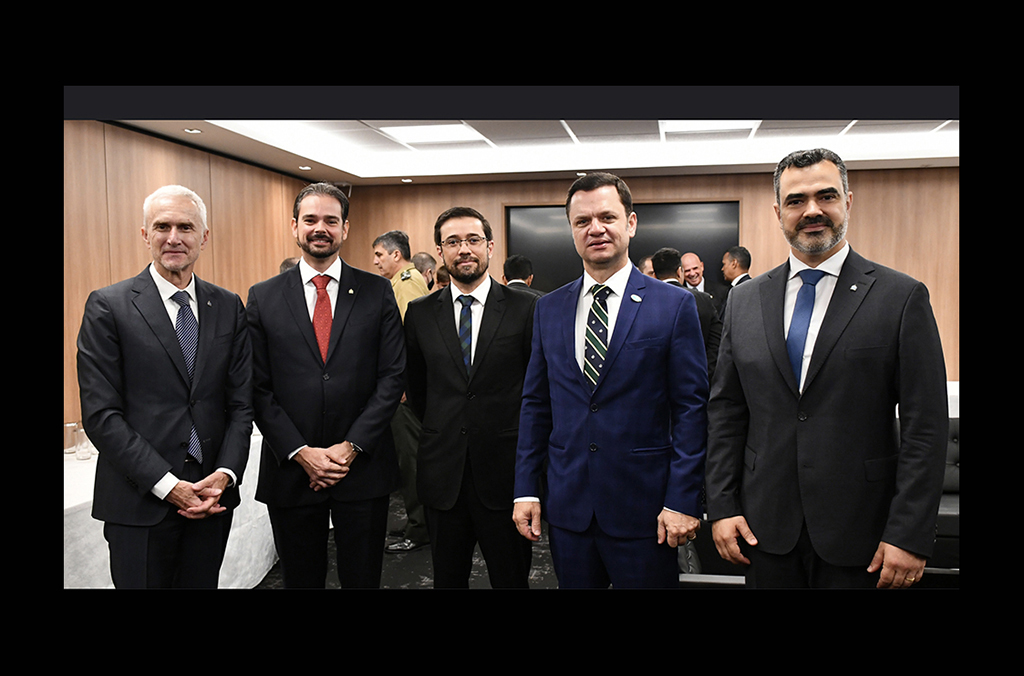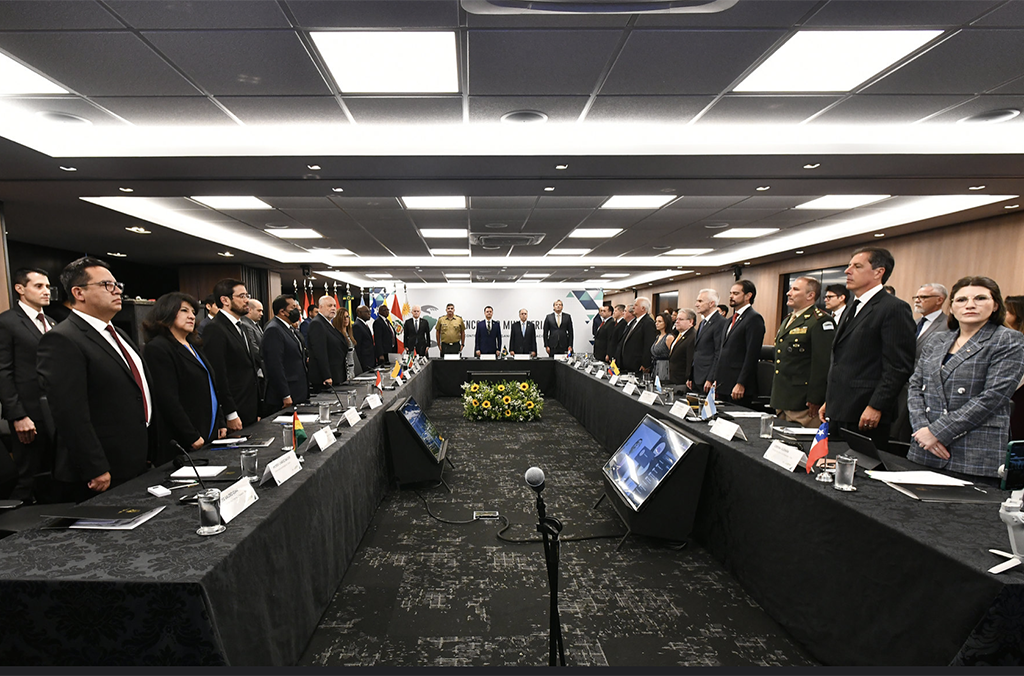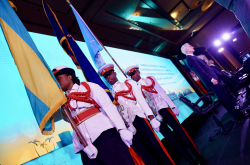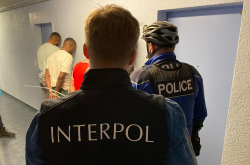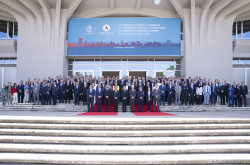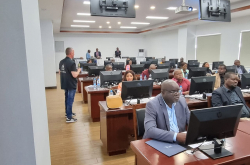BRASILIA, Brazil – Ministers from South American countries have stressed their commitment to improving coordinated action against transnational organized crime, recognizing INTERPOL’s role in regional security.
Under an initiative endorsed at the First Ministerial Meeting against Transnational Organized Crime in South America (23 – 24 June), participating countries will work together with INTERPOL to enhance their regional security collaboration via the Brazilian International Police Cooperation Centre (IPCC) in Rio de Janeiro.
The declaration at the Brasilia summit was agreed by Ministers from Bolivia, Brazil, Colombia, Ecuador, Guyana, Paraguay, Peru, Surinam and Uruguay.
The aim is to allow for enhanced exchange of crime intelligence data, integrated actions, joint capacity building and planning of criminal investigations to help close security gaps against transnational organized crime in the region.
In this respect, participating Home Affairs, Justice, Police and Public Security ministers recognized INTERPOL as the primary inter-regional communication network for law enforcement agencies to exchange actionable intelligence and enhance frontline policing.
INTERPOL as a frontline solution
With the total number of records shared through INTERPOL’s global databases increasing by more than 50 per cent in the last four years, addressing the ministers, Secretary General Jürgen Stock underlined ‘the role of INTERPOL as a frontline solution, enabling the rapid consultation of international alerts on fugitives wanted worldwide’.
The effectiveness of such inter-regional law enforcement cooperation via INTERPOL was underscored this week alone with the arrest in Hungary of Sergio Roberto De Carvalho, wanted internationally by Brazil under an INTERPOL Red Notice for alleged links to transnational organized crime, including drug trafficking.
“Today more than ever we need to be able to collaborate and coordinate with partner agencies to combat transnational organized crime and protect our borders and populations,” said Secretary General Stock.
“To be even more effective, international police cooperation needs to be firmly integrated in the regions. That is why INTERPOL is mobilizing its global capacities to respond to problems at the regional level, including in South America,” added Mr Stock.
Over the past four years INTERPOL has partnered with the European Union’s El PAcCTO programme to establish a permanent mechanism for tracking the most wanted fugitives across South America. To date, more than 100 of those fugitives have been arrested.




